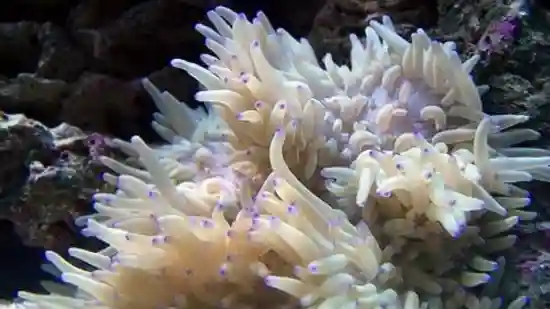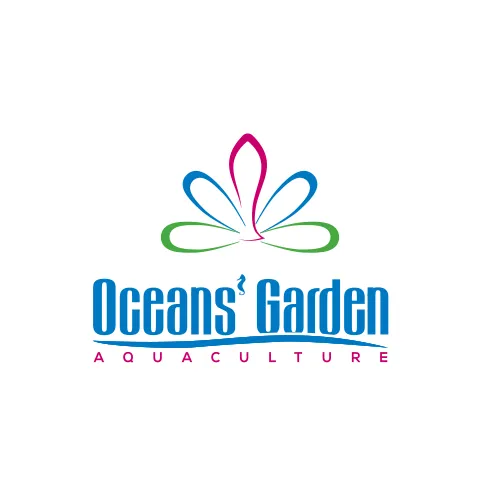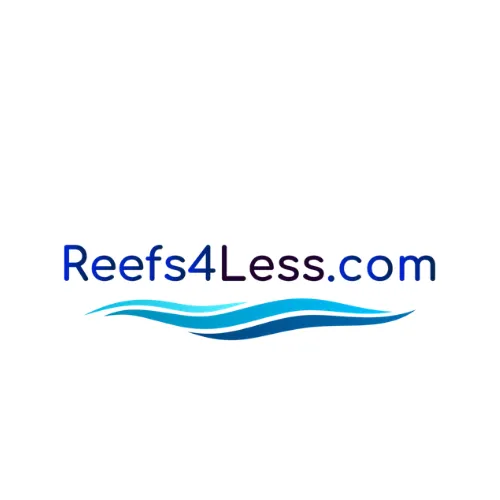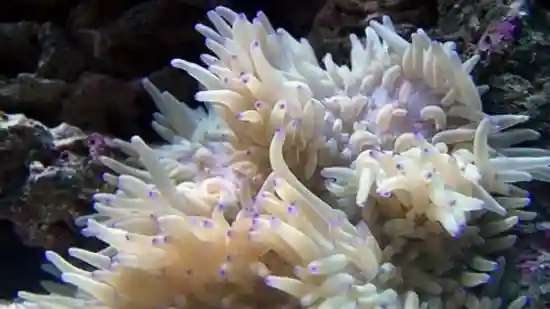Sebae Anemone
Heteractis crispa
(3 Reviews)

Sebae Anemone
Heteractis crispa
(3 Reviews)
{{ item.name }}
Size: {{ item.extra_field_3 }}
${{ getFormattedPrice(item.saleprice) }} ${{ getFormattedPrice(item.price) }}
To join the waiting list, click here
Free Shipping
With
$199.00
or more in Marine Life.
More details...
Sebae Anemone Care Facts
| Care Level: | Easy |
|---|---|
| Temperament: | Semi-Aggressive |
| Diet: | Carnivore |
| Reef Safe: | Yes |
| Minimum Tank Size: | 30 Gallons |
| Max Size: | |
| Lighting: | High |
| Placement: | Any |
| Waterflow: | Moderate |
Explore the Sebae Anemone (Heteractis crispa) for Your Saltwater Marine Aquarium
Dive into the fascinating world of the Sebae Anemone (Heteractis crispa), a captivating addition to your saltwater marine aquarium. In this detailed guide, we'll delve into its habitat, compatibility, care requirements, and why Saltwaterfish.com stands as your trusted source for these captivating marine invertebrates.
Sebae Anemone Habitat and Adaptability
The Sebae Anemone is native to the Indo-Pacific region, favoring sheltered lagoons and reefs with sandy or muddy substrates. Recognized for its graceful appearance and vibrant colors, it introduces a dynamic aesthetic to your marine aquarium. This species showcases adaptability, making it well-suited for aquarium enthusiasts.
Reef Safe and Compatibility of Sebae Anemones
Sebae Anemones are generally considered reef safe, coexisting harmoniously with corals and other invertebrates. However, careful consideration is crucial regarding their compatibility with certain tank mates, especially those that may pose a threat or disturb the delicate tentacles of the anemone.
Size and Lifespan of Sebae Anemones
These anemones can vary in size, with some individuals reaching diameters of up to 12 inches or more. With proper care, they can have a lifespan of several years, contributing to the enduring vibrancy of your marine aquarium.
Diet and Feeding of Sebae Anemones
Sebae Anemones are photosynthetic but also capture prey using their stinging tentacles. Their diet includes small fish, shrimp, and plankton. Offering a varied diet ensures their nutritional needs are met and supports their overall health and vitality.
Aquaculture Availability and Purchasing Options for Sebae Anemones
Saltwaterfish.com proudly offers a curated selection of Sebae Anemones sourced through responsible aquaculture practices and sustainably collected wild specimens. This guarantees hobbyists receive healthy specimens while minimizing the impact on wild populations. Our commitment to sustainability and ethical sourcing is evident throughout the selection process.
Compatibility of Sebae Anemones
Sebae Anemones display a moderate temperament. While generally peaceful, they may exhibit territorial behavior. Caution is advised when placing them in close proximity to other anemones or corals to prevent potential conflicts.
Symbiotic Relationships with Sebae Anemones
These anemones engage in symbiotic relationships with certain clownfish species, offering both protection and a food source. Introducing compatible clownfish enhances the ecological balance and visual appeal of your marine aquarium.
Suitable Tank Mates for Sebae Anemones
Choosing appropriate tank mates for Sebae Anemones is crucial. Compatible companions include peaceful fish species and other invertebrates that do not pose a threat to the anemones. Avoid aggressive or territorial species that may disturb their delicate tentacles.
Tank Requirements and Aquascaping for Sebae Anemones
Creating an optimal habitat for Sebae Anemones requires a well-established marine aquarium with a minimum size of 30 gallons. Incorporate live rock structures and provide open spaces to accommodate the anemone's expansion. Ensuring proper spacing between individual specimens minimizes potential territorial conflicts.
Detailed Water Conditions for Sebae Anemones
Maintaining precise water conditions is vital for the health of Sebae Anemones:
- pH Level: Maintain a stable pH level in the range of 8.1 to 8.4.
- Salinity: Keep the salinity of your aquarium water within the range of 1.024 to 1.026 specific gravity or approximately 32-35 ppt.
- Water Temperature: Maintain a water temperature between 76°F to 82°F (24°C to 28°C).
Detailed Lighting Requirements for Sebae Anemones
Sebae Anemones have specific lighting requirements crucial for their photosynthetic processes:
- Light Spectrum: Provide a light spectrum ranging from 4,500K to 10,000K to support the anemones' symbiotic algae.
- Light Intensity: Moderate to high-intensity lighting is recommended to meet their energy needs.
- Photoperiod: A lighting period of 8 to 12 hours per day mimics their natural environment and supports their metabolic processes.
Water Flow for Sebae Anemones
Ensure gentle to moderate water flow within the tank to prevent debris buildup and facilitate nutrient distribution. Avoid high flow rates that may damage the delicate tentacles of the Sebae Anemones.
Other Common Names for Sebae Anemones
The Sebae Anemone is also known as the Corkscrew Anemone.
5 Compatible Tank Mates for Sebae Anemones
- Percula Clownfish (Amphiprion percula)
- Ocellaris Clownfish (Amphiprion ocellaris)
- Firefish Goby (Nemateleotris magnifica)
- Banggai Cardinalfish (Pterapogon kauderni)
- Royal Gramma (Gramma loreto)
Why Choose Saltwaterfish.com for Sebae Anemones
Choosing Sebae Anemones for your marine aquarium from Saltwaterfish.com ensures a reliable and informed experience. Our commitment to sustainability, ethical sourcing, and expert care during the shipping process guarantees you receive robust and well-maintained specimens. Enhance the beauty and diversity of your marine ecosystem with these captivating marine invertebrates.
In Conclusion
Embrace the elegance and vitality of Sebae Anemones as they become a focal point in your saltwater marine aquarium. From their graceful appearance to their compatibility with suitable tank mates, these anemones promise to be a captivating addition. When you choose Saltwaterfish.com, you're not just acquiring marine invertebrates—you're investing in the vibrancy and diversity of your aquatic community.
Arrived healthy and quickly
Reviewed by: John on Jan. 26, 2026
Quite healthy eating already the only thing is I can’t get them to settle down anywhere. I think he’s finally found a place in the rocks where he likes it but I won’t know for a few more days.
Reviewed by: James Mauro on April 14, 2024
Reviewed by: Eric Higginbotham on Sept. 25, 2014








